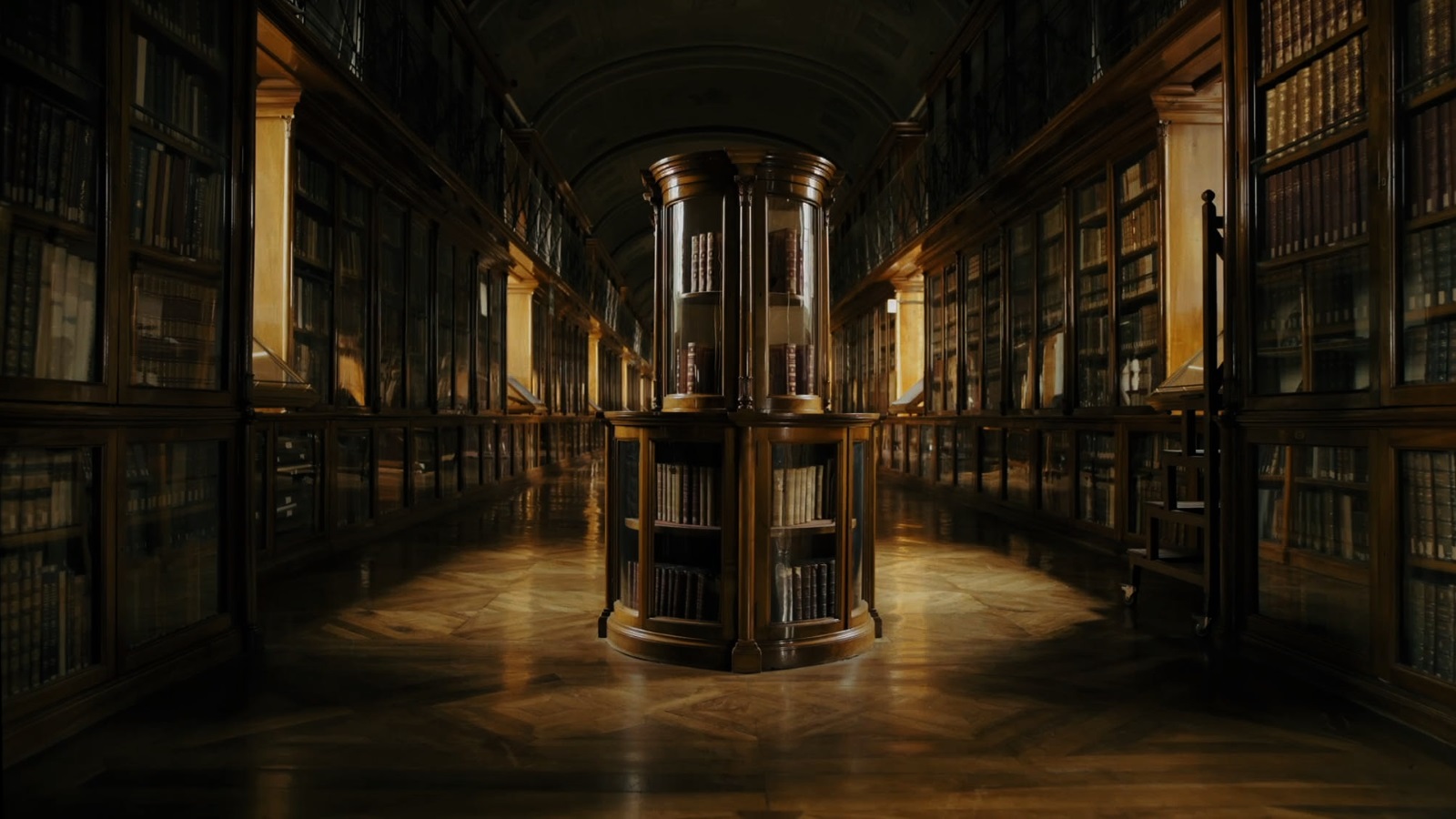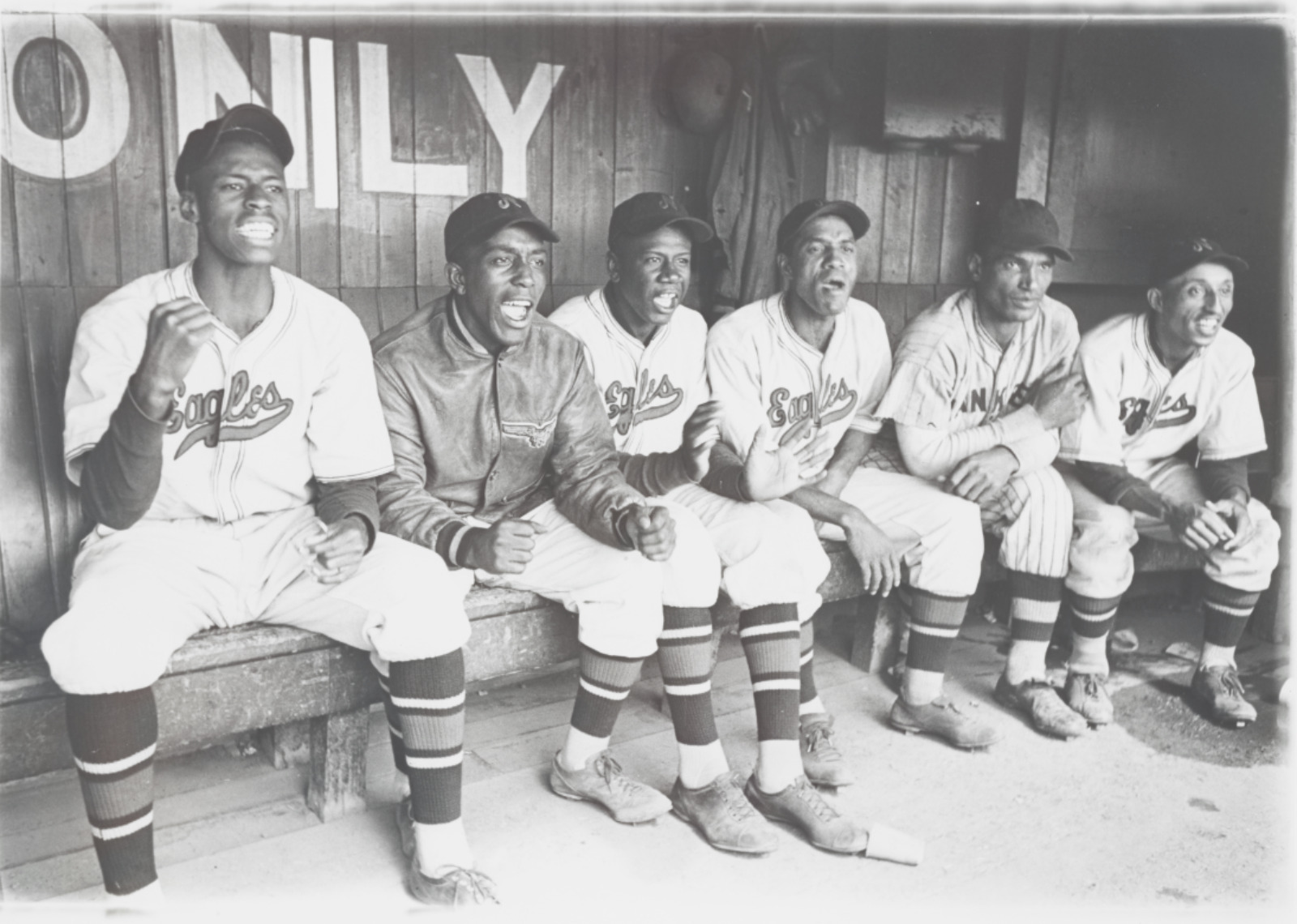Umberto Eco: A Library of the World
(Italy, 80 min.)
Dir. Davide Ferrario
“Libraries are mankind’s common memory,” proclaims Umberto Eco. The late Italian writer, philosopher, and “professor” to many shares his love for the written word in Umberto Eco: A Library of the World. Director Davide Ferrario uses material that he shot with Eco prior to his passing in 2016 as the spine of the film. These interviews with Eco illustrate his wide-ranging wisdom. But the film features far more than Eco’s sage knowledge. It showcases his love for books, his skill as an archivist, and a librarian for collective memory.
A Library of the World provides access to Eco’s extensive library, which arguably serves as the film’s co-star. Housing more than 30,000 contemporary books and 1,500 ancient and rare books, the library is a sight to behold for anyone with an affinity for printed word. (Ahem.) There are cases of books, piles of books, and towers of books everywhere one looks! This extensive trove of paper forms what Eco calls a “vegetal memory,” which refers to the recorded physical record that preserves words and history. Eco’s considerations that weave throughout the documentary unsurprisingly express his wariness to digital ephemera. Memories come and go on outdated floppy disks and disappear in the cloud, but books, scrolls, papers, and documents endure with proper preservation.
An Unlikely Celebrity
Ferrario’s film begins by underscoring Eco’s popularity, which makes him something of an anomaly as a literary celebrity. Archival clips show thousands of people as a crowd forms to pay respects at his funeral. Eco’s widow, Renate, recalls having to elbow her way through the mob in order to access the building. Even when identifying herself, she says, mourners told her to take her place in line. What the film sees in the mania surrounding Eco’s death is a collective hunger for knowledge. The Italians respect Eco as a guardian of their collective memory.
The film also jumps around and highlights some of Eco’s books on the library shelves. A Library of the World assumes a fair deal of familiarity with Eco’s work, and audiences might be most familiar with his Name of the Rose, which was adapted into a film starring Sean Connery. However, Eco laughs in the interviews that he wrote something of everything. He’s Plato and Dan Brown all in one.
If audiences don’t quite get a sense of Eco’s body of work as a writer from this film, they’ll nevertheless grasp his impact as a thinker and speaker. Ferrario includes lots of footage from Eco’s appearances, which display quick wit and accessible humour. In one scene, he protests the intrusiveness of cell phones. In another, he performs a beat poem that roasts the full history of the written word. A doc about old books might sound stuffy, but Library of the World is surprisingly fun.
An Olfactory Delight
It helps that many academics and word nerds share Eco’s sense of humour. Library of the World imparts the role that libraries and archives play by inviting fellow academics to share their thoughts on the written word. However, the documentary avoids conventional talking heads interviews in these cases. Instead, Ferrario affords the bookworms theatrical vignettes. The participants share their thoughts as Shakespearean soliloquies and Aaron Sorkin-esque walk-and-talks. The sense of play brings the documentary to life. Moreover, these long takes generally occur in libraries and the Steadicam shots weave around the cases of books to showcase the collective memories that enduring in stacks around the world. Exquisite architecture and marble pillars in the libraries offer reminders that books should be shared and celebrated.
The cinematography by Andrea Zambelli and Andrea Zanoli captures the libraries lovingly. One can practically smell the wonderful mustiness of the old books. Shots pan along the shelves to observe ancient and rare books that bear the ravages of time. Others look practically new thanks to careful preservation.
Umberto Eco: A Library of the World caters to a very specific sensibility. Eco isn’t really the draw here: books and libraries are. Anyone who relishes a few hours exploring the stacks will find themselves in good company with these guardians of the written word.













